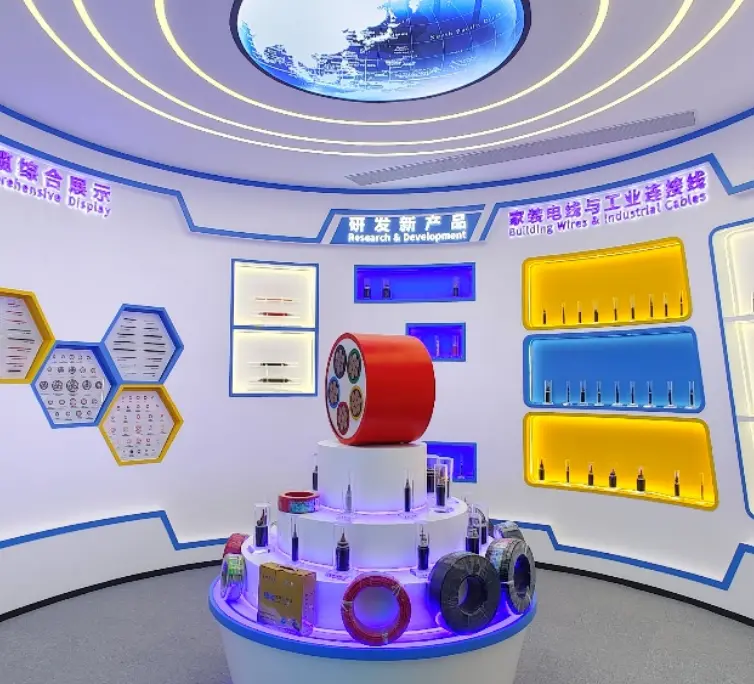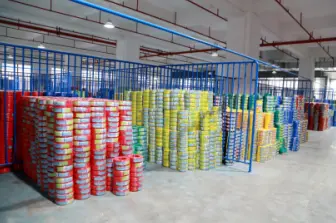How to Prevent Fire Caused by Overload of Control Cable?
Ⅰ. About the control cable
During the use of the control cable, there will be more or less heat generation, which is mainly due to the existence of resistance. The heat released by the cable during operation will be absorbed by itself, causing the temperature of the control cable to rise. Although it is constantly absorbing the heat released by the current and doing work, its temperature will not rise indefinitely. Because the control cable is absorbing heat, it is also continuously releasing heat to the outside world, so that its temperature is constant at a certain point. At this constant point, the heat absorption and heat release power of the wire is the same, so it is in a state of thermal equilibrium. However, if the control cable is overloaded, it is likely to cause a fire. So what should be done if the control cable catches fire due to overloading?
Ⅱ. Methods to prevent the control cable from catching fire due to overload
1. In the process of the line design, the capacity of the site should be accurately checked, and the possibility of adding new capacity in the future should be fully considered. The appropriate type of wire should be selected, too. If the capacity is large, thicker wires should be selected. Reasonable selection is also a key step to prevent and control cable overload. If the design is improperly selected, there will be congenital hidden dangers that are difficult to rectify. Some small projects and places are not carefully designed and selected. It is very dangerous to choose and lay the lines at will. New electrical appliances and electrical equipment should fully consider the bearing capacity of the original lines. If the original line does not meet the requirements, it should be redesigned and reconstructed.
2. The lines should be constructed and laid by qualified electricians in accordance with the relevant specifications. The laying conditions of the control cables will directly affect the heat dissipation of the wires. Generally speaking, the line laying should not pass through combustible materials and stacking, which will lead to poor heat dissipation of the wires and heat accumulation and increase the possibility of igniting the surrounding combustible materials and increase the risk of fire caused by overloading. The lines laid in the ceilings of public entertainment venues should be protected by steel pipes so that the ceilings are separated from the lines. And even if there are molten beads under overload, short circuit, etc., they will not fall off to avoid fires.
3. Strengthen power management, avoid random wiring, and use mobile sockets with caution. Random wiring and the use of mobile sockets are actually adding electrical equipment to a certain section of the line, increasing the amount of current and possibly causing overload. The mobile socket jacks are obviously more than the fixed sockets on the wall. If too much electrical equipment is used on the mobile sockets, the original circuit must be unbearable. The separate lines should be set up for high-power equipment and electrical appliances. The mobile sockets should not be used as wiring sources.
4. Speed up the renovation of old lines to eliminate fire hazards. In old enterprises, old residential areas, and other units, many control cables have aged and exceeded the service life due to the long use time. Even if the current carrying capacity of some lines is not large, aging lines are also difficult to withstand such current carrying capacity, and also have the danger of overloading.
Latest News & Blog
 English
English  français
français  Deutsch
Deutsch  العربية
العربية  tiếng việt
tiếng việt  ไทย
ไทย  čeština
čeština  Indonesia
Indonesia  Eesti
Eesti  български
български  slovenčina
slovenčina 



